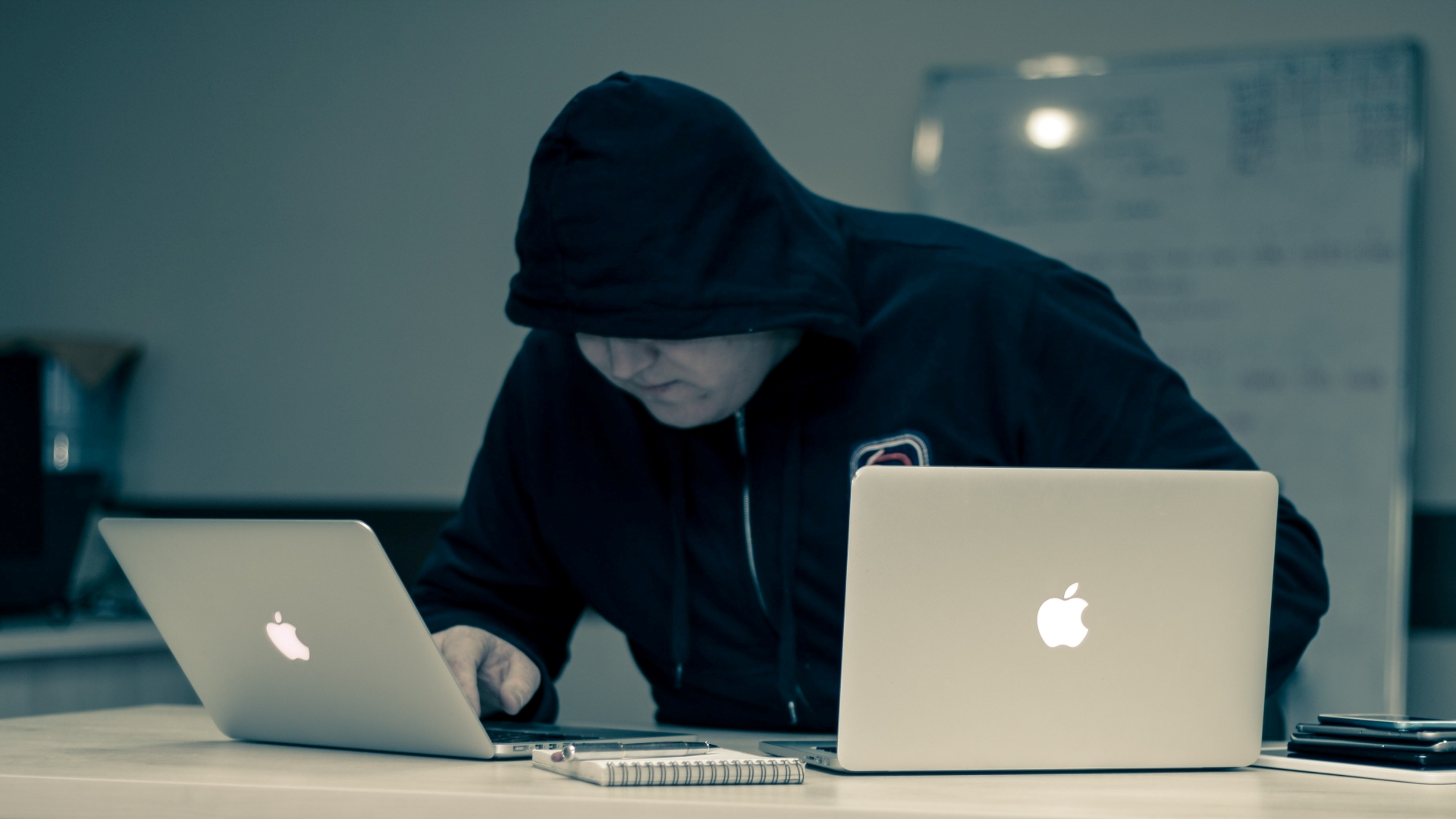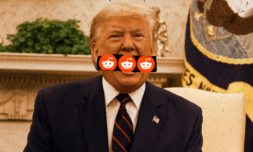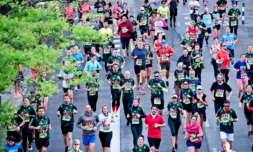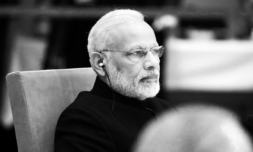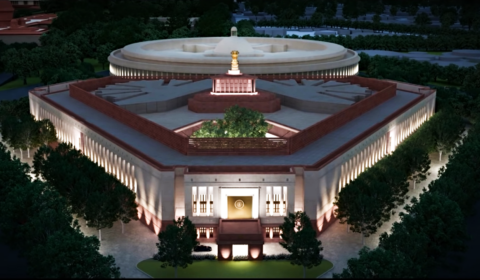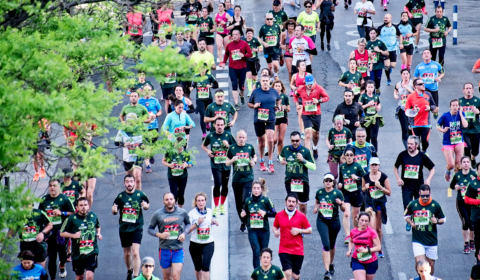The ‘black pill’ ideology
Gathering inspiration from The Matrix’s red and blue pill, which offer world truths or ignorance respectively, the incel’s ‘black pill’ contains the defeatist notion that those born unattractive have no chance of improving – their fate of being alone forever sealed.
An incel ‘taking the black pill’ means to swallow this ‘truth’, viewing any kind of affection or romantic attention from others as suspicious and disingenuous.
Police discovered that before the shooting in Plymouth, Davison had subscribed to YouTube channels which advocated for the black pill ideology – one of which has over 17,000 subscribers.
In a video posted to his own channel, Davison denied identifying as an incel but said that he could relate to those like him, who have ‘had nothing but themselves.’
He also discussed the black pill theory regularly online.
As a result, many are confused about why police wouldn’t treat the mass shooting as an act of terror, even after gaining awareness of the shooter’s affiliation with incel activity.
How prevalent is incel violence?
Incel ideologies have motivated numerous mass murders and other acts of violence, most notably in the US and Canada. Researchers now predict that the UK’s incel community is growing.
News stories and academic papers on the subject are riddled with claims that the extreme end of the culture is indeed very dangerous and radicalised.
Yet the debate on whether to label incels as terrorists has found a legislative solution difficult to pin down.
On one hand, most incels are thought to be harmless, socially inept members of an online-only boy’s club fuelled by performative empty threats and deep self-wallowing.
Jacob Ware, a terrorism researcher who studies the incel movement told The Guardian, ‘incels display very high levels of mental health issues. They display high levels of a history of bullying. This is a movement that is desperately sad.’
However, Ware does not dismiss their behaviour, saying ‘incel violence is ideological violence against civilians, to prove an ideological point or create psychological fear. That makes it terrorism.’
A section of the Terrorism Act of 2000 defines terrorism as ‘the use or threat of the violence for the purpose of advancing a political, religious, racial or ideological cause’.
But in response to the shooting, The Independent Reviewer of Terrorism Legislation in the UK, Jonathan Hall has hesitated to categorise the incident in Plymouth as so – or to properly categorise it at all.
He explained: ‘It fits rather uneasily into the way the authorities understand ideologies. It seems part of right-wing terrorism, but it is not really. In fact, it is quite separate from it. It is a different sort of ideology.’
Finding a solution
It’s obvious that incel culture highlights the ‘online disinhibition effect’, whereby online spaces make it easier to express thoughts and ideas that one would otherwise never say or do in person – until a minority member of the group does.
On this note, many argue that incel activity is not a black and white issue because individuals participate with ideologies to different degrees and on various levels of the spectrum, making it difficult to monitor.
In the future, government officials will likely have to revisit the problem of classifying instances of violence committed by incel members. Are they hate crimes? Is it terrorism?
You decide.









